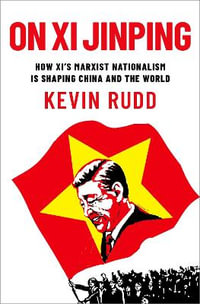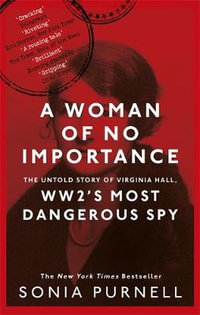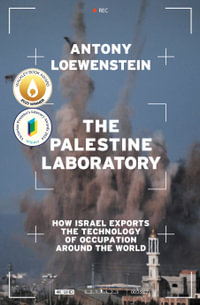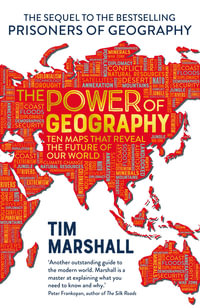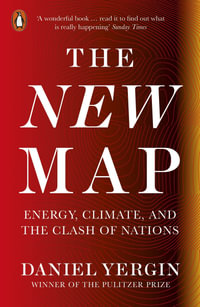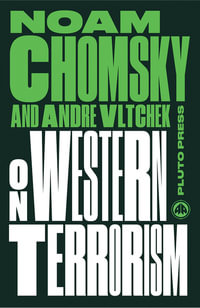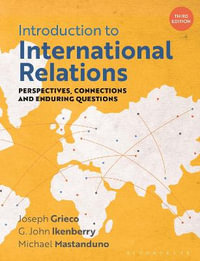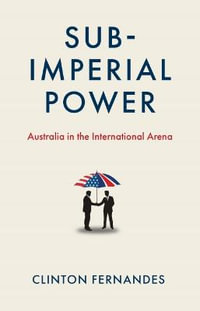1. Introduction - Conflict, war, revolution and the character of politics
Texts, contexts, thoughts or thinkers?
Traditions are not necessarily historicist
Where are the women?
Overview of the argument
Part I - Conflict, war and government before the state era
2. Thucydides - The naturalness of war
Explaining the Peloponnesian War
Periclean liberalism
Thucydidean realism
Democracy, war and stasis
3. Augustine - The problem of peace in a violent world
Divine order - Jerusalem to Rome
Augustine of Hippo
Sin and evil
The two cities: an Augustinian theory of government and politics
Justice and the Empire
Peace and political order
The legitimation of violence and just war
Christianity, Augustinianism and international politics
4. Machiavelli - Politics and the use of violence
Life and times
Thought, theory and works
Florence, Italy and the wider world
'Teacher of wickedness' - Machiavelli's new science of politics
Violence, war and reason of state
The long shadow of Machiavelli
5. Hobbes - Solving the problem of conflict
Two lives of Thomas Hobbes
The theory of human nature
The creation of the sovereign
Absolutism and the Christian Commonwealth
The Hobbesian tradition in international relations
Why internationalising Leviathan is not possible
Part II - War, revolution and competition between states
6. Locke - Liberalism and the externalisation of conflict
Living in interesting times - Locke's political life
The state of nature, natural law, punishment and war
Property, territory, colonies and conquest
Political society, consent and revolution
Locke's legacy in international theory
7. Rousseau - The threat of the international order
The life and writings of an 'extraordinary thinker'
The Enlightenment and the 18th-century international order
The Discourse on the Origin of Inequality and the 'evil contract'
The Social Contract
Rousseauean international relations - Corsica and Poland
Rousseau's complex legacy
Conclusion
8. Clausewitz - The professionalisation of war
Life and career
Prussia and political theory: On War in context
The problem of Clausewitz's On War
The object of enquiry - what is war?
The two versions of the trinity?
The means - the practical conduct of war
The legacy of On War
9. Lenin and Mao - Revolution, violence and war
Two revolutionary lives
Marx: the essentials
Lenin and the party - 'what is to be done?'
Capitalism, imperialism and the nation
'The state and revolution' - Lenin and violence
Revolution and the challenge of imperialism - the development of Mao's Leninism
Violence and the conduct of revolution
Guerrilla wars
Leninism and Maoism in the modern era
Conclusion: imperialism, party politics and war
10. Schmitt - The danger of the international liberal order
Schmitt: life and work
Anti-liberalism
The Concept of the Political
The Nomos of the Earth and International Law
The Partisan
Schmitt in contemporary international theory
Conclusion
11. Conclusion - Realisms in international political theory
The Westphalian system
International political theory as critique
The realist turn in political theory
Legitimacy, violence and the site of politics
Conclusion


